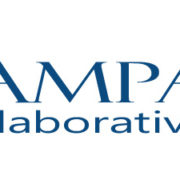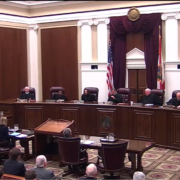Can a Filed Tampa Divorce Case Become Collaborative?
Collaborative divorce is becoming more well-known and more popular in Florida, and for good reason. Discussions regarding custody schedules and division of assets take place in the private offices of collaborative facilitators, attorneys, or financial professionals rather than being battled in the public courtroom. Issues are resolved using the expertise of accountants or financial planners and creativity of trained facilitators rather than the rigid dictates of the law. Tackling the issues inherent in divorce is seen as a team effort rather than a fight to the finish.
Obviously, a case can (and should) become collaborative from the very beginning. The parties and professionals sign a participation agreement where they commit to resolving their family law issues through the process, and they agree not to involve the court system until a full settlement is reached.
But, if a Florida divorce or other family law case has already been filed, can it later become collaborative?
The answer is an overwhelming “Yes!”
Hillsborough County’s Collaborative Family Law Practice Administrative Order has a provision which specifically addresses the conversion of cases that have already been filed to collaborative cases:
If the collaborative process is to be utilized after an initial pleading has already been filed with the Clerk, then the parties must file the Participation Agreement with the Clerk and notify the presiding judge. Upon notice to the presiding judge, the court will abate the court proceedings. A collaborative status conference will be held within six months of the abatement. The proceeding will remain abated until either an uncontested dissolution of marriage or a motion to withdraw by counsel is heard by the court. Periodic status conferences may be scheduled at the presiding judge’s discretion.
Though other local counties do not have an administrative order addressing collaborative family law practice, there are ways to bring a filed case into the collaborative process.
Keep in mind that an attorney who started off in a filed case and was retained as general counsel is then limited to solely help negotiate a settlement through the collaborative process, and, once the collaborative process begins, the attorney will not continue if a client insists on litigating. The limited representation helps ensure that, in the unlikely event that a collaborative case broke down, the attorney cannot utilize information that was revealed during the process by a party against that party. This promotes collaborative meetings as “safe environments.”
If you have questions on how you can utilized the Tampa Bay collaborative process in your family law case, schedule a consultation with The Law Firm of Adam B. Cordover, P.A., at (813) 443-0615 or by filling out our contact form.
Adam B. Cordover serves as Vice President of the Collaborative Divorce Institute of Tampa Bay and is a member of the International Academy of Collaborative Professionals.






Leave a Reply
Want to join the discussion?Feel free to contribute!